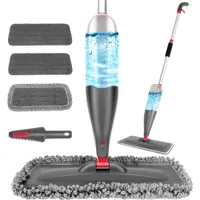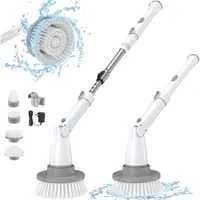The best basement floors, an expert guide to the types and finishes
Here's how to choose the best basement floor – 6 factors to consider and the 6 best flooring types

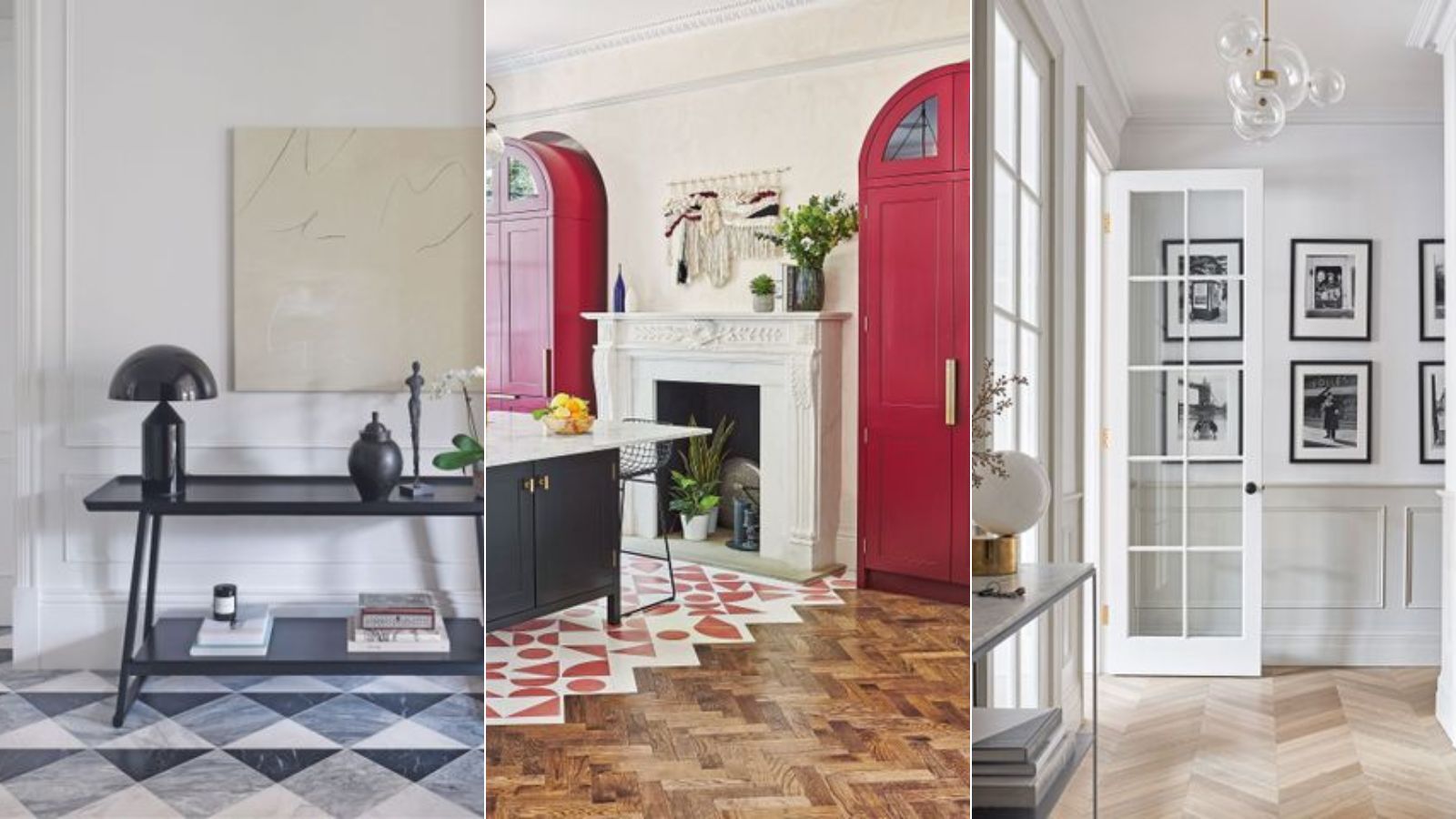
Design expertise in your inbox – from inspiring decorating ideas and beautiful celebrity homes to practical gardening advice and shopping round-ups.
You are now subscribed
Your newsletter sign-up was successful
Want to add more newsletters?

Twice a week
Homes&Gardens
The ultimate interior design resource from the world's leading experts - discover inspiring decorating ideas, color scheming know-how, garden inspiration and shopping expertise.

Once a week
In The Loop from Next In Design
Members of the Next in Design Circle will receive In the Loop, our weekly email filled with trade news, names to know and spotlight moments. Together we’re building a brighter design future.

Twice a week
Cucina
Whether you’re passionate about hosting exquisite dinners, experimenting with culinary trends, or perfecting your kitchen's design with timeless elegance and innovative functionality, this newsletter is here to inspire
The key to ensuring your basement is a space that seamlessly blends durability, moisture resistance and aesthetic appeal, is finding the right flooring.
Basements can be susceptible to a number of moisture and foundation issues due to being below ground level, which must be considered when choosing the right flooring, in addition to its installation and how the space will be used. With careful planning, you can choose the basement flooring type that balances your personal style and is the most suitable option for your basement's specific structural needs.
Our experts have explained what to consider when choosing basement flooring and the best basement floors that will stand up to the test of time, while elevating the design and comfort of your basement.
The best basement floors
Whether you are converting your basement or installing new flooring due to damage, moisture concerns, or a desire to upgrade its appearance, it's essential to discern the key features that can withstand the challenges of below-ground spaces.
Consider the features to prioritize
Understanding the specific requirements of your basement allows you to choose the features and materials that can address these challenges, ensuring you choose a basement floor that meets not only your immediate needs but also withstands the ongoing challenges of a below-ground space. Here's how to choose the right one for you, so your household can really make the most of your basement.
1. Moisture resistance
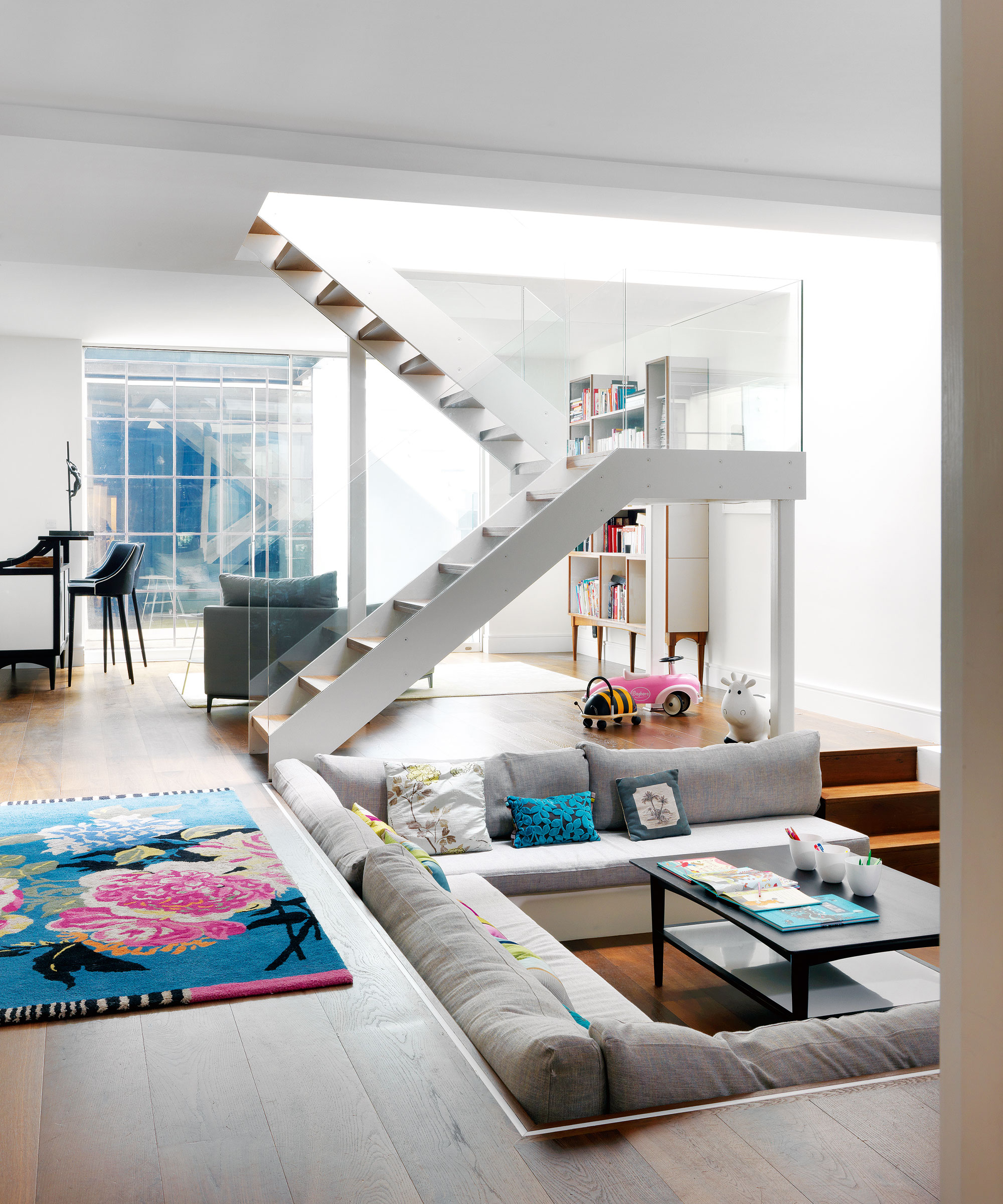
Basements are inherently prone to moisture, making waterproofing a basement a critical factor in selecting the best flooring. When choosing basement flooring, consider moisture levels, as they'll determine if subflooring and moisture barriers are needed.
Opt for flooring materials that withstand moisture and potential water exposure common in basements. Additionally, sealants and moisture barriers are key in preventing water damage. Epoxy flooring, laminate, and vinyl are great options.
Design expertise in your inbox – from inspiring decorating ideas and beautiful celebrity homes to practical gardening advice and shopping round-ups.
It's also advisable to invest in proper basement drainage systems to further safeguard the space.
2. Evaluate installation and maintenance
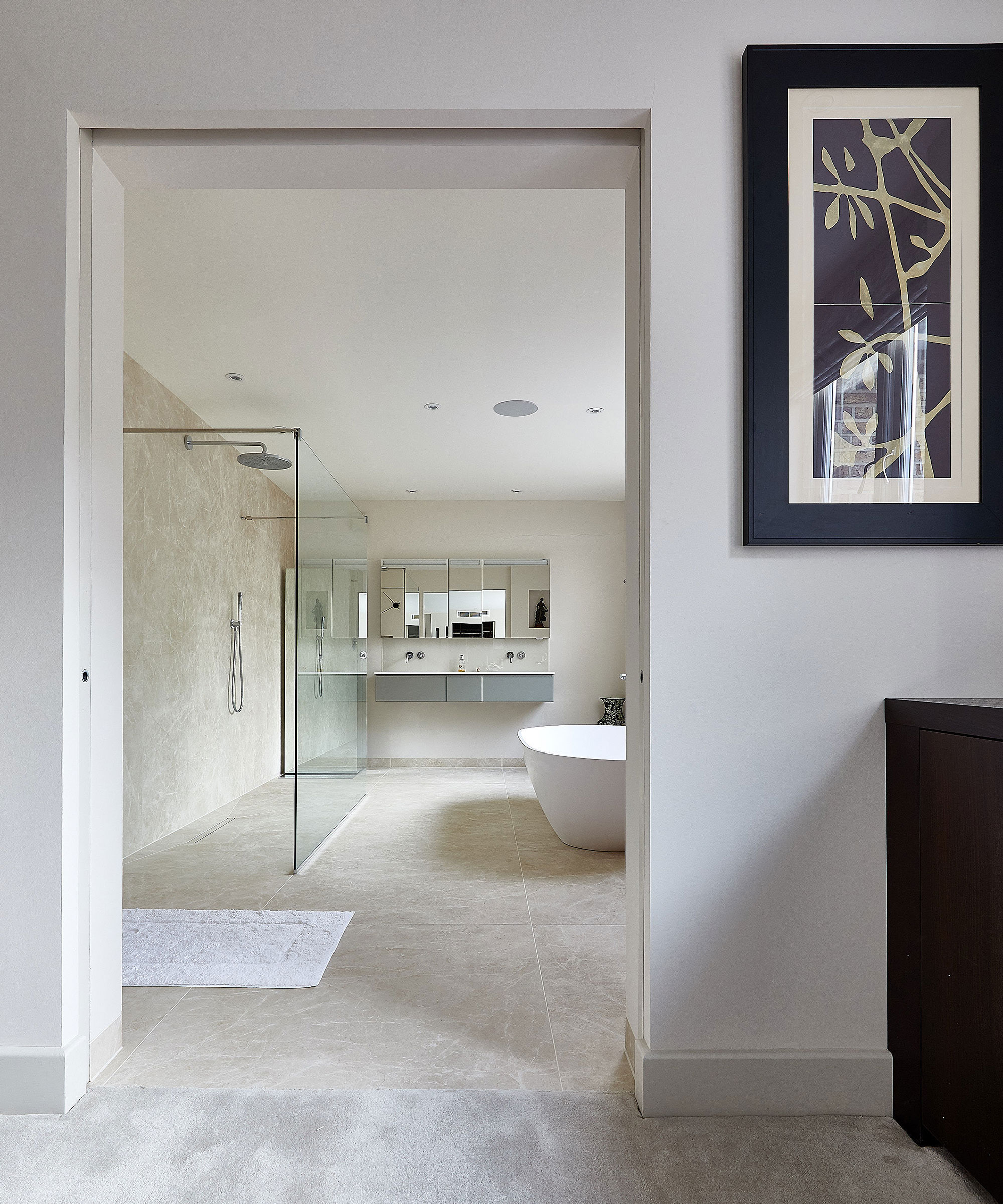
Some options require professional installation and specific maintenance routines, so factor these into your decision-making process, ensuring you select flooring that aligns with ease of installation and maintenance.
Interlocking vinyl planks or tiles are easy to install and DIY-friendly.
Maintenance is a significant aspect of any flooring choice, especially in basements where moisture and potential flooding can occur. For instance, sealed concrete floors or epoxy coatings provide a smooth surface that can be effortlessly cleaned, and are resistant to water damage.
Spray Mop for Floor Cleaning with 3pcs Washable Pads | Was $33.99, now $24.98
Sweepulire Electric Spin Scrubber | Was $65.99, now $44.99
3. Foundation considerations
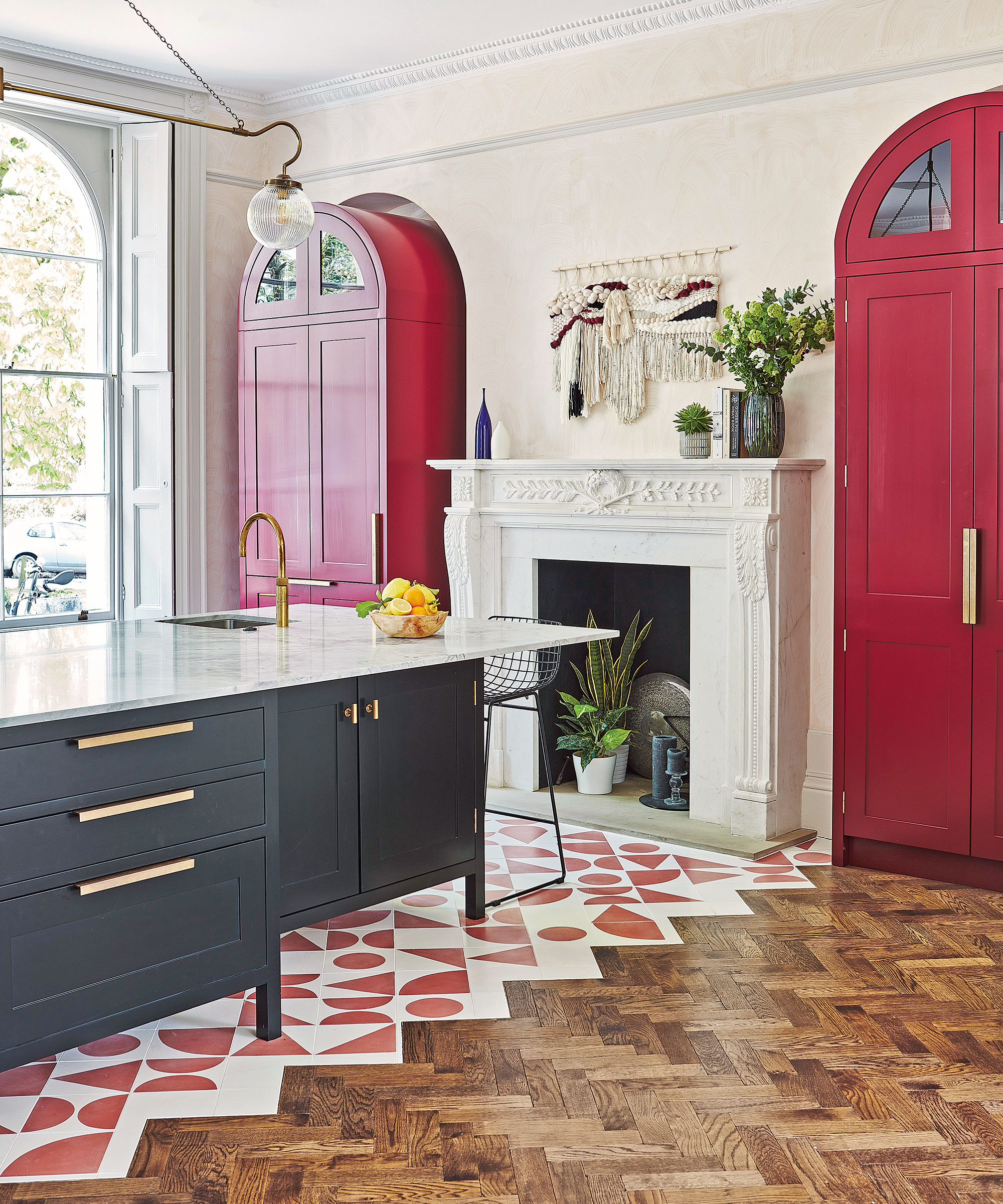
Understanding the foundational structure is pivotal in selecting the right basement flooring. A solid foundation ensures the longevity of any flooring material.
It's crucial to address any existing foundation issues before installing new floors. Consult foundation and waterproofing experts to assess and resolve any underlying concerns to prevent future damage to the flooring materials.
Materials such as engineered wood or laminate flooring, which can accommodate minor shifts in the foundation without compromising integrity, are great options if this is a concern.
4. Durability and longevity
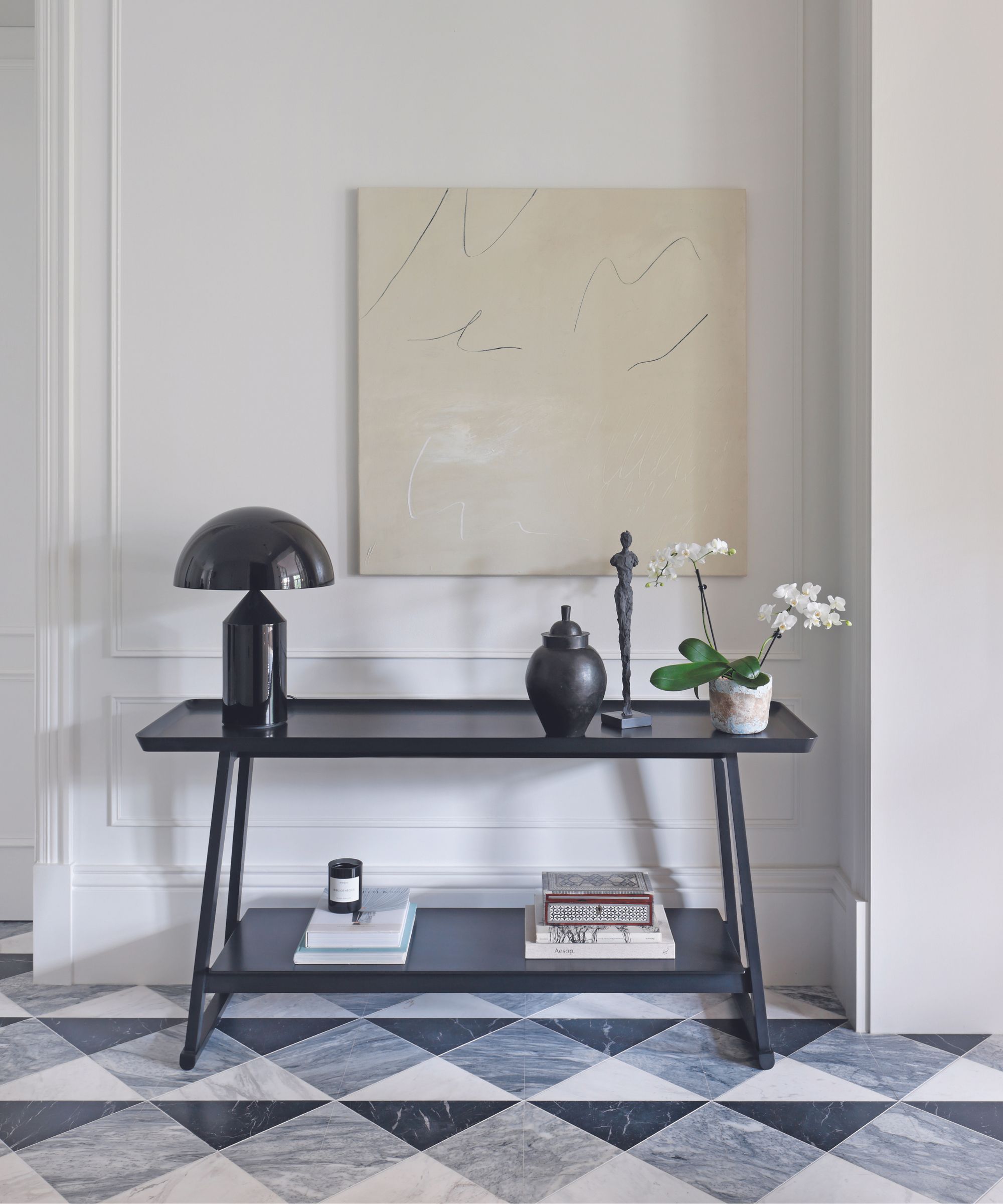
Choose flooring that can endure heavy foot traffic and any other potential impacts.
Durable options such as porcelain tiles, luxury vinyl flooring, or engineered hardwood are resilient while maintaining an aesthetic appeal.
5. Insulation and comfort
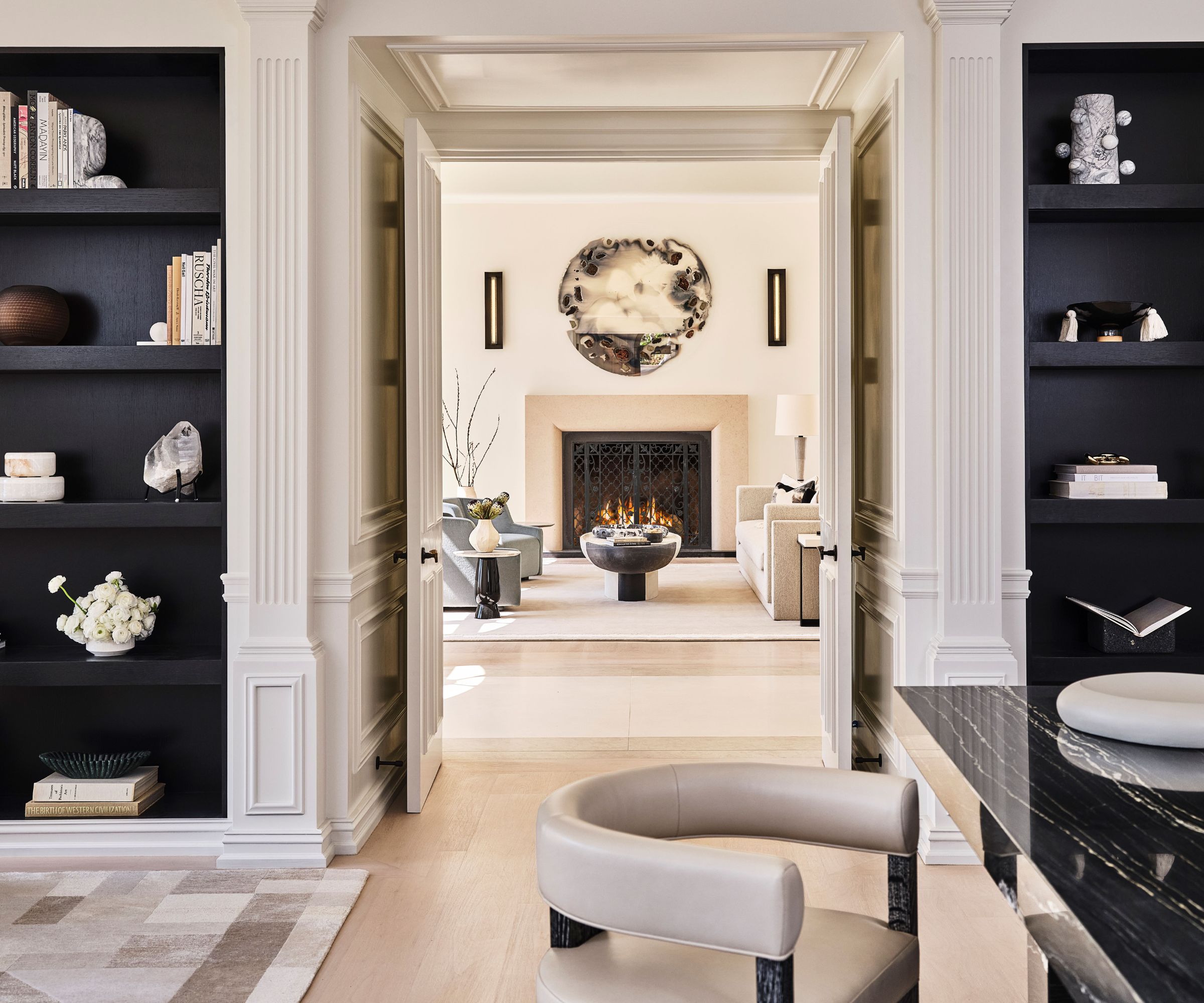
Consider flooring materials that offer insulation properties to maintain a comfortable environment.
Carpeting or cork flooring not only insulates against cold but also provides a cozy feel underfoot.
6. Aesthetic considerations
When it comes to choosing the best basement floors, aesthetics play a crucial role in enhancing the overall appeal of the space, and coordinating basement flooring with your interior design is essential for a cohesive look.
You can choose materials with customizable designs such as sealed concrete, or those that offer a versatile range of styles, including materials like luxury vinyl tiles (LVT), stained concrete, or ceramic tiles.
'Opting for flooring materials that complement the existing interior design of the home is essential,' says Ben Gold, founder of Recommended Home Buyers. 'Choose flooring colors that complement the overall color scheme of the house.
'Neutral tones are versatile and timeless.
'Additionally, maintain a consistent design style from upper floors to the basement. This creates a harmonious flow throughout the home.'
Best flooring materials
When considering basement floors, the choice of material is crucial. Here are some tips on different flooring options:
1. Vinyl Flooring
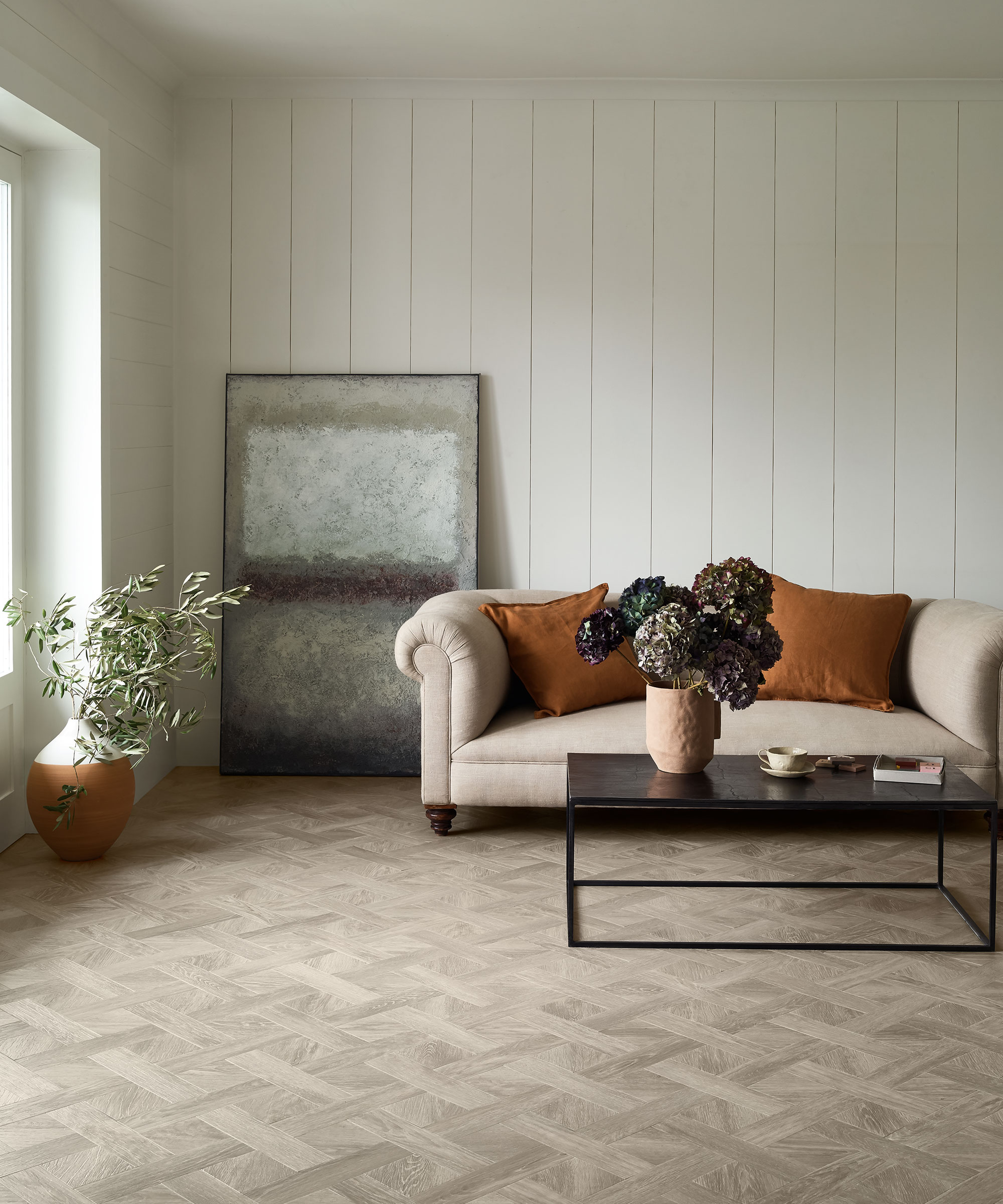
Known for its resilience and water resistance, vinyl flooring is a practical choice for basements, especially luxury vinyl tile (LVT) or luxury vinyl plank (LVP), due to their durability and appealing designs.
'Luxury vinyl tile (LVT) is an excellent low-cost alternative that should not be overlooked,' says Jonathan Warshaw, home improvement expert and founder of Simple Woodworker. 'I particularly favor solid vinyl tiles over composite ones as they're more flexible and forgiving during installation, and they offer greater durability.
'They're also refinable to a certain extent. Plus, you get a variety of color options, though a classic black-and-white checkerboard pattern can be a timeless and appealing choice.'
'Luxury vinyl plank (LVP) is a versatile and budget-friendly choice for basement floors. It is highly resistant to moisture, making it suitable for basements prone to dampness,' explains Michael Campbell, owner of SAT Stained Concrete.
'LVP comes in a variety of styles, mimicking the appearance of hardwood, tile, or stone. It is durable, easy to clean, and can withstand heavy foot traffic.
'Additionally, LVP provides warmth underfoot and can be installed as a floating floor, making it a popular choice for DIY projects.'
'Sheet vinyl has come a long way, and a lesser-known variant with a fiberglass backing deserves attention,' says Ritika Asrani, founder at St Maarten Real Estate. 'The fiberglass backing not only adds durability but also enhances the waterproofing capabilities. It provides a seamless and moisture-resistant flooring solution, making it an excellent choice for basements with occasional water exposure.'
These floors have DIY-friendly installation, are easy to clean, and are durable, making them the ideal option for families using the space for activities.
2. Ceramic or porcelain tile flooring
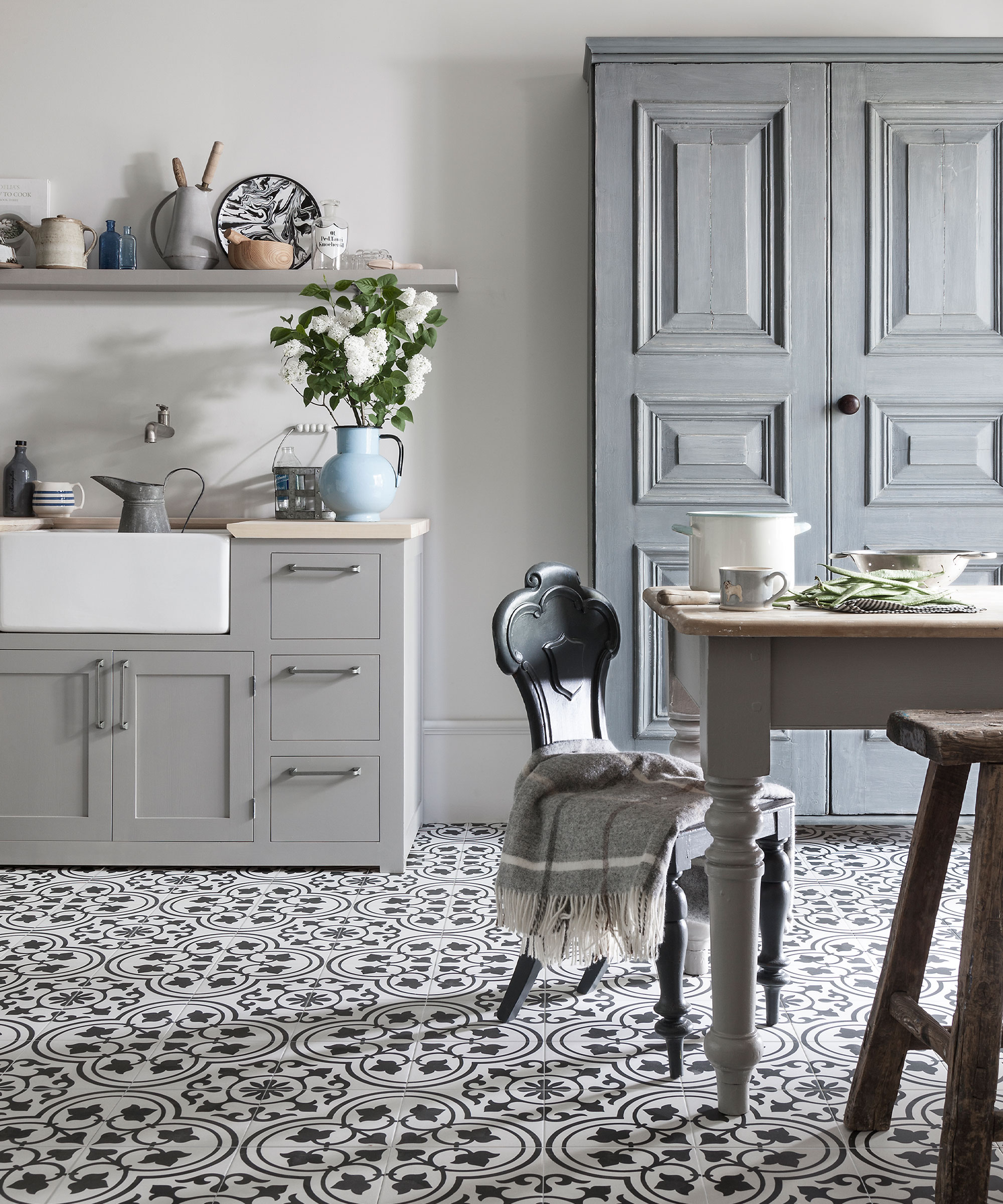
'Tile flooring is an excellent option for basements as it is highly resistant to moisture and easy to clean,' advises Michael Campbell. 'Ceramic or porcelain tiles are durable and can withstand the test of time.
'They come in various styles, colors, and patterns, allowing you to achieve the desired aesthetic.
'However, keep in mind that tile can be cold underfoot, so consider using area rugs or installing radiant floor heating for added comfort.'
George Alvarez, owner of expert Epoxy Flooring adds, 'Installing a moisture barrier beneath the tiles can further protect against any potential water seepage.'
3. Epoxy flooring
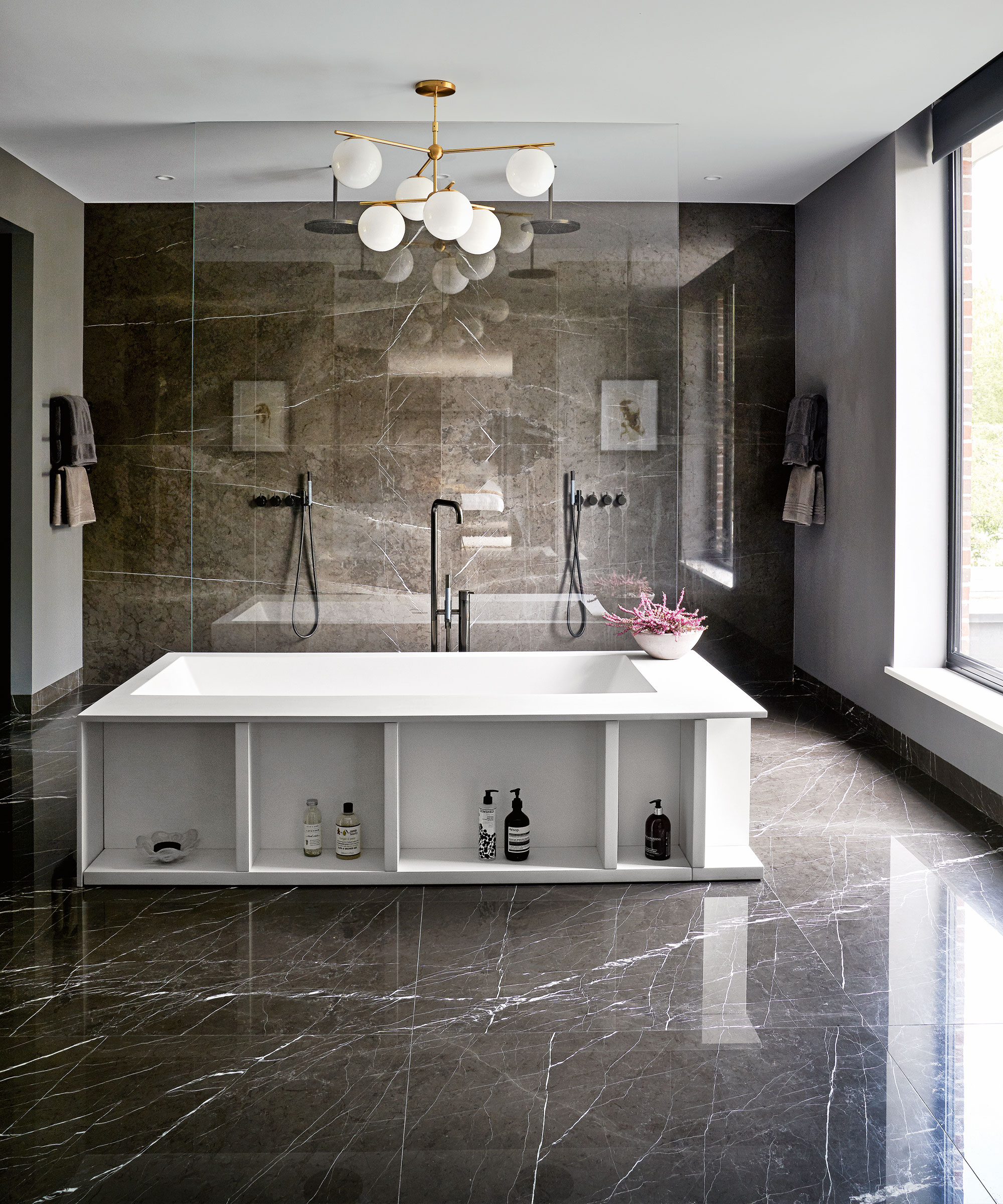
'Epoxy flooring is a resilient and waterproof option for basement floors. It consists of a resin and hardener mixture that creates a durable, seamless surface when applied,' explains George Alvarez.
'Epoxy is resistant to stains, chemicals, and moisture, making it an excellent choice for basements that may be prone to spills or dampness. It also provides a smooth and glossy finish that can enhance the overall aesthetic of the space.'
'It is available in a variety of colors and finishes, allowing you to customize the look of your basement,' adds Michael Campbell. 'However, professional installation is recommended as it requires proper surface preparation and application techniques.'
4. Engineered wood flooring
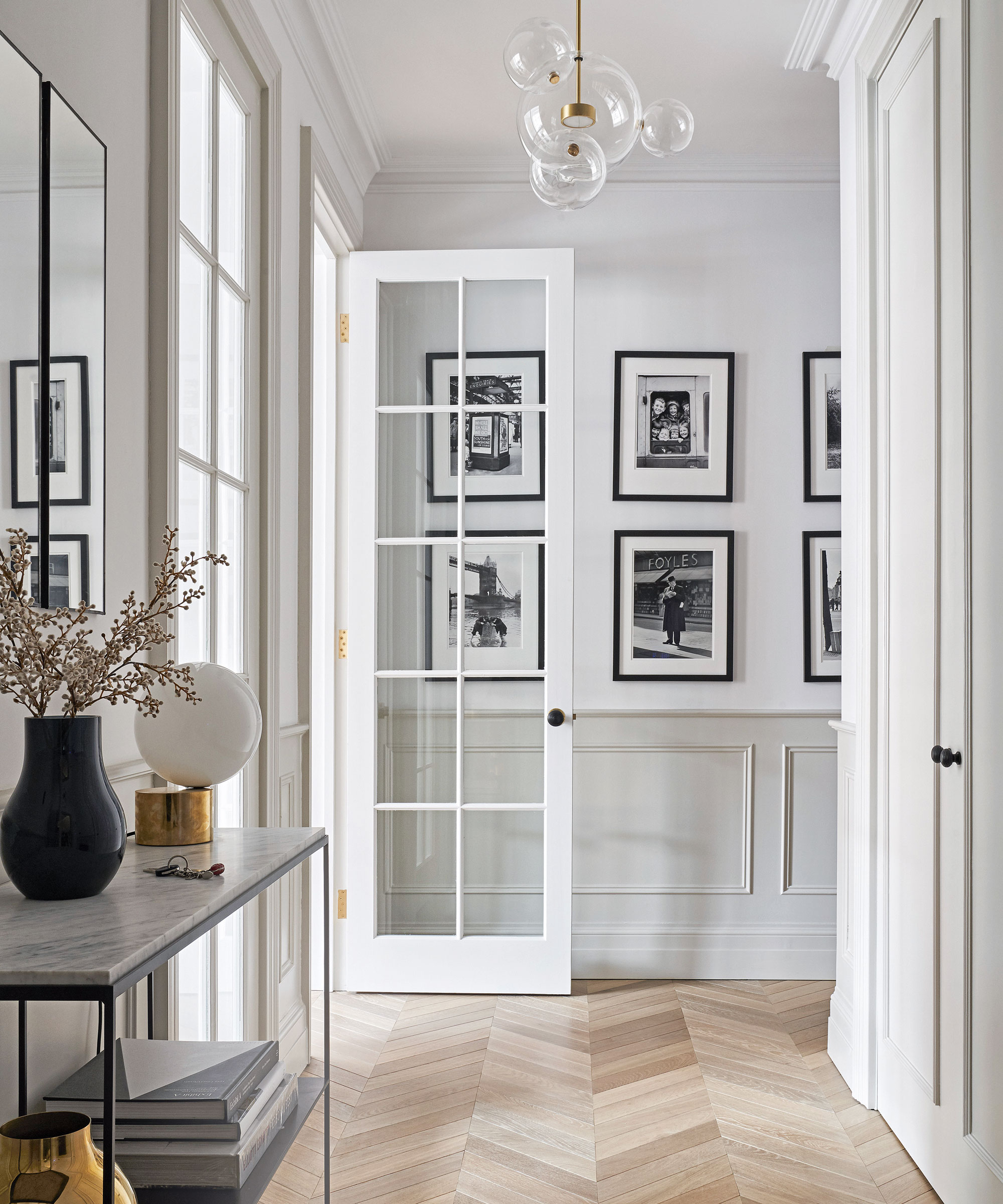
'While solid hardwood flooring may not be the best choice for basements due to its susceptibility to moisture, engineered wood flooring is a suitable alternative,' says George Alvarez.
'Engineered wood consists of a top layer of real wood veneer bonded to layers of plywood or high-density fiberboard, offering a more stable option for varying basement conditions. It provides the warmth and aesthetic appeal of real wood without the risk of warping or cupping.'
'That extra stability also means each flooring plank can be longer and wider than traditional solid wood, so you’ll see more trend-forward looks in engineered hardwood flooring,' says Jennifer Meska, head of merchandising at LL Flooring.
'Unlike solid hardwood, engineered hardwood is constructed with multiple layers, making it more resistant to moisture and less likely to warp or buckle,' explains Michael Campbell. 'It can be installed as a floating floor or glued down, depending on the manufacturer's guidelines.
'However, it is essential to ensure the basement is properly sealed and moisture levels are controlled to prevent damage to the wood.'
'For a touch of eco-friendly luxury, consider reclaimed wood tiles with a marine-grade finish,' recommends Ritika Asrani. 'These tiles not only bring the charm of reclaimed wood but also boast a specialized marine finish that enhances waterproofing. It's a sustainable and unique choice for homeowners looking for a basement floor with character and resilience.
'Additionally, while bamboo is known for its sustainability, a lesser-known innovation is bamboo flooring with a nano-coating. This coating adds a microscopic protective layer, boosting its resistance to water and spills. It's another sleek and eco-friendly option for homeowners seeking a durable and water-resistant basement floor.'
5. Laminate flooring
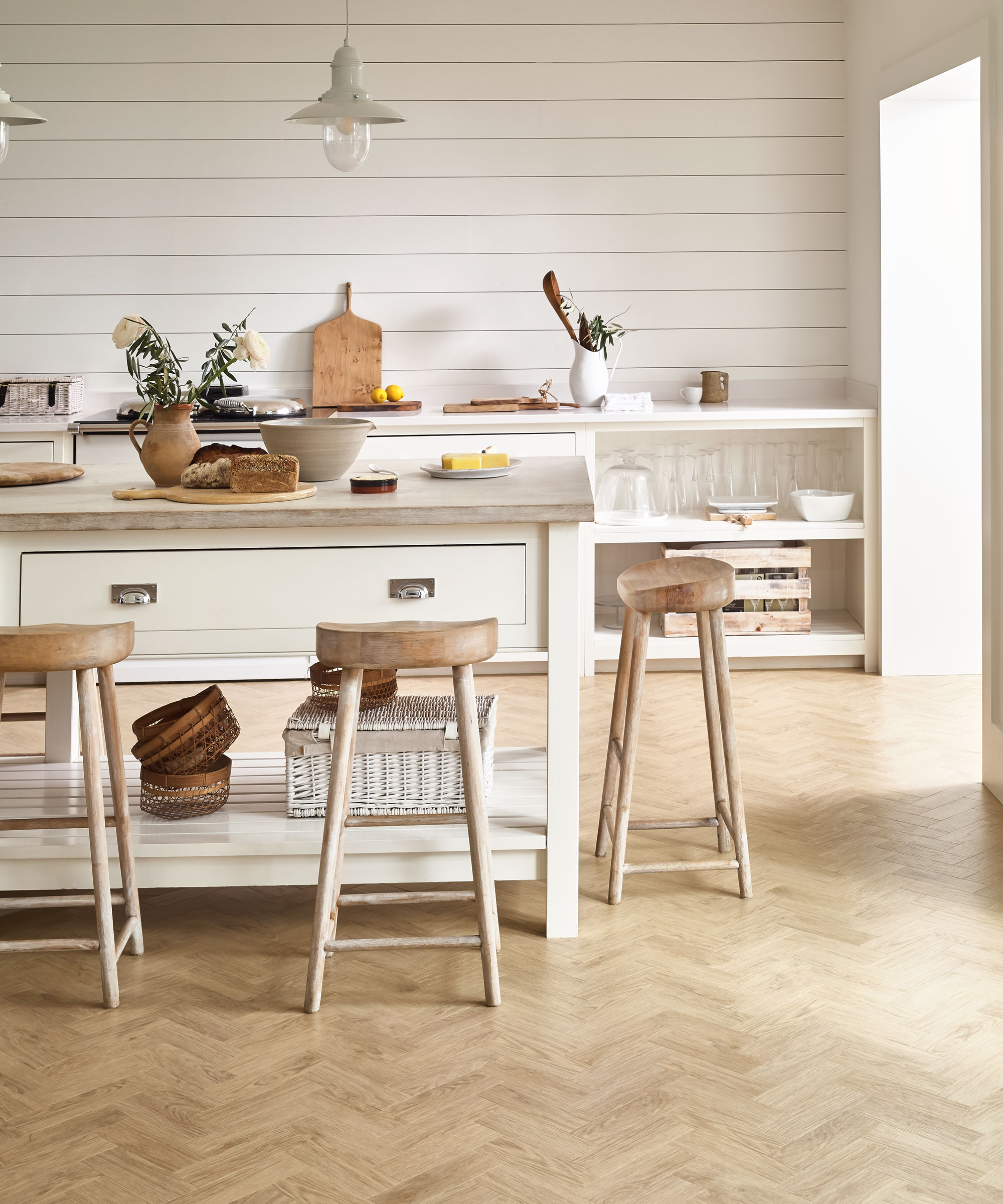
'Laminate flooring is a cost-effective alternative to hardwood or stone and is a popular choice for basement environments,' says George Alvarez. 'It consists of layers of compressed fiberboard with a photographic image of wood or stone on top.
'Laminate is resistant to moisture, easy to clean, and comes in a wide range of styles. It provides a budget-friendly option for achieving the look of more expensive flooring materials.'
Offering a wood-like appearance, laminate is affordable and easy to install. Ensure it has a moisture barrier to prevent issues in damp basements.
6. Seal concrete flooring
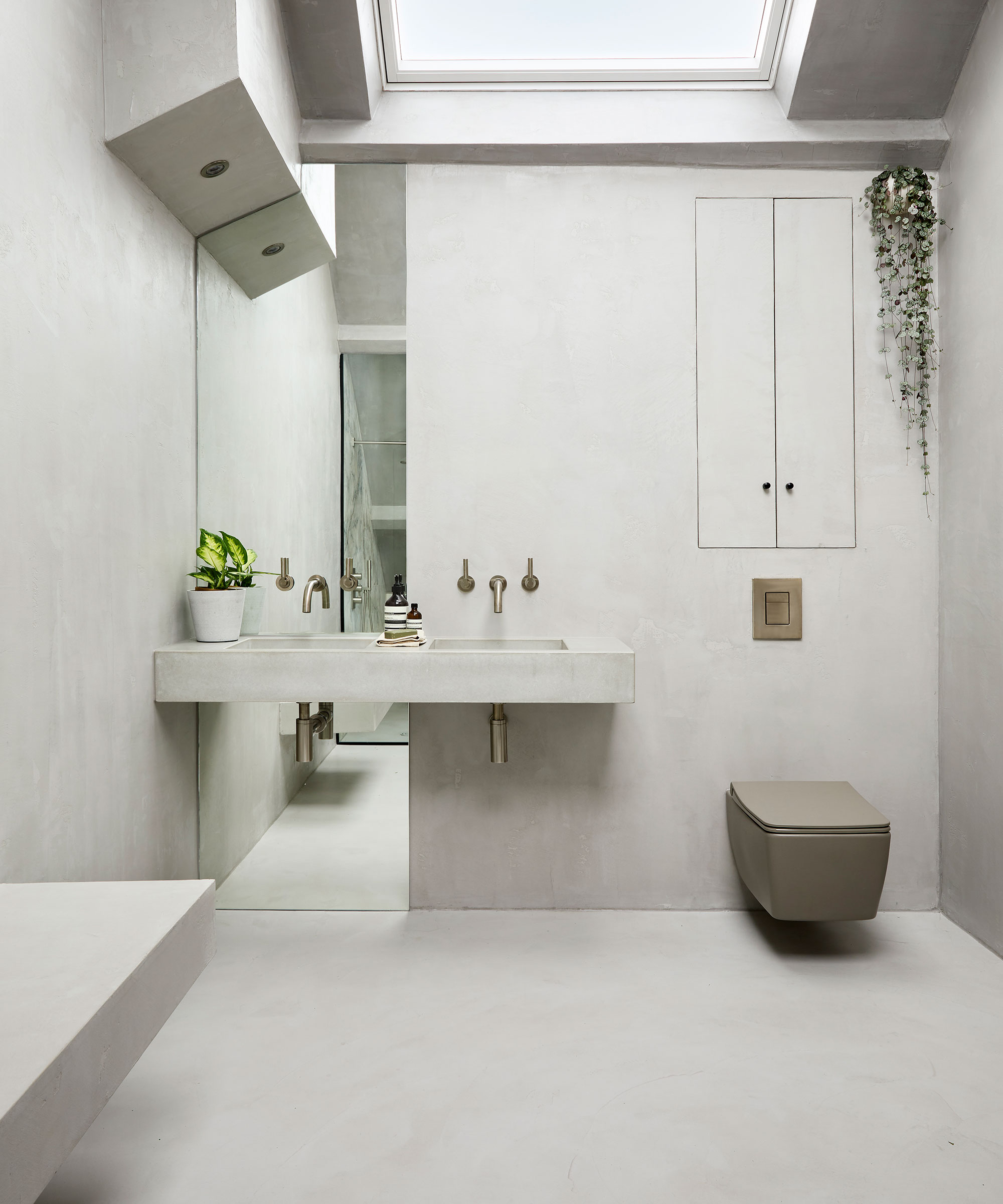
Polished, sealed concrete emerges as a durable and naturally water-resistant option. It provides a solid and stable foundation that can withstand heavy foot traffic.
For those who appreciate an industrial aesthetic, concrete floors can be left as is or enhanced with various finishes such as epoxy coatings or decorative overlays to add aesthetic appeal.
FAQs
How do you make your basement floor warmer while staying waterproof?
Basements often lack warmth and coziness, which is often due to the flooring. Luckily, there are some solutions to make your basement floor warmer while staying waterproof.
Interlocking vinyl planks or tiles are DIY-friendly, while carpet tiles with built-in moisture barriers offer easy replacement of damaged sections.
Additionally, George Alvarez, owner of expert Epoxy Flooring says, 'Carpet tiles offer a comfortable and customizable flooring solution for basements.
'They are easy to install, and in the event of a spill or damage, individual tiles can be replaced without the need to replace the entire carpet.
'Choose moisture-resistant or waterproof carpet tiles and install them over a moisture barrier or raised subfloor to prevent potential water damage.'
What basement flooring can make the space feel warmer?
'Cork flooring might be an unexpected choice, but it's a hidden gem for basements,' says Ritika Asrani, founder at St Maarten Real Estate. 'Not only is it naturally resistant to mold and mildew, but it also provides a soft and comfortable surface underfoot.
'Its thermal insulation properties make it an energy-efficient option, contributing to a cozy basement ambiance.'
Final tip: You can improve ventilation in your basement by using raised subfloor systems that allow air circulation, reducing the risk of mold and mildew.

Lola Houlton is a news writer for Homes & Gardens. She has been writing content for Future PLC for the past six years, in particular Homes & Gardens, Real Homes and GardeningEtc. She writes on a broad range of subjects, including practical household advice, recipe articles, and product reviews, working closely with experts in their fields to cover everything from heating to home organization through to house plants. Lola is a graduate, who completed her degree in Psychology at the University of Sussex. She has also spent some time working at the BBC.
